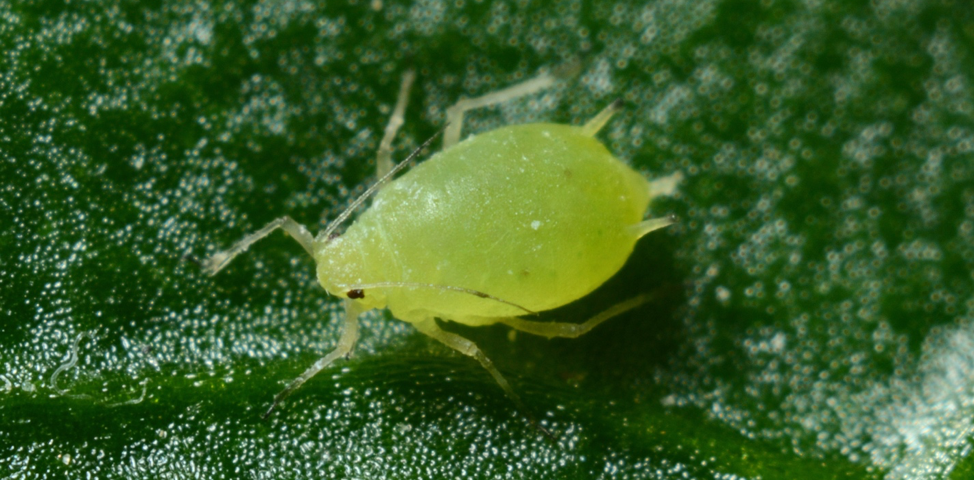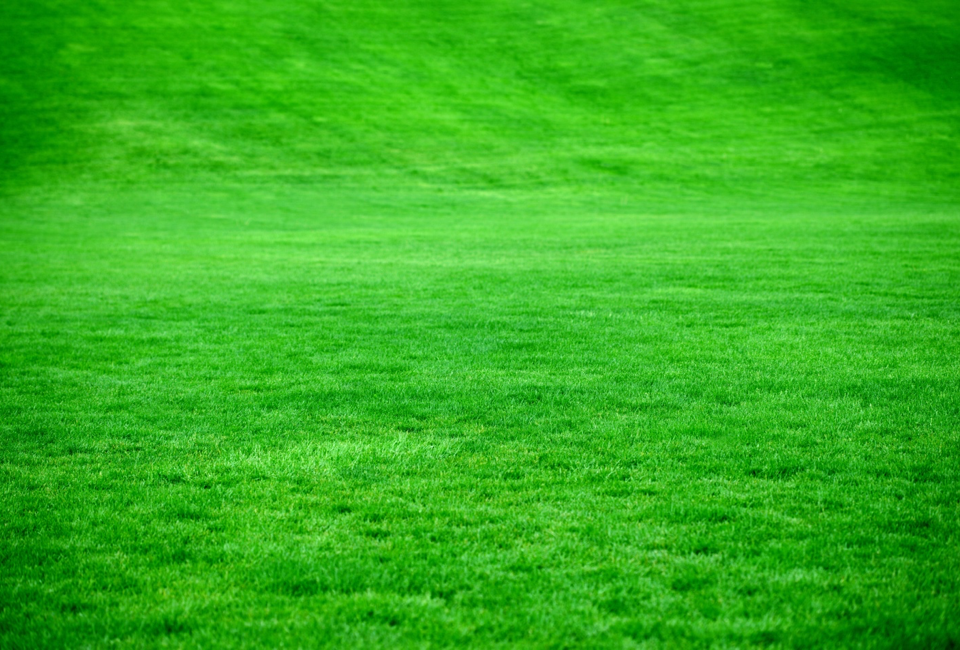
How to Design the Best Possible Backyard
February 27, 2019
Seven Landscaping Pitfalls to Avoid
February 27, 2019Every gardener will have to deal with pests at some point. The last thing you want to see is your plants covered in pests and wreaking havoc on all of the plants you worked so hard to grow. Noticing tiny insects crawling all over your garden can be alarming at first. However, don’t panic! Not all insects are bad for your garden. In fact, some of them can actually help to keep your plants healthy. On the other hand, it always helps to know which insects are bad and which insects are good.
Keeping unwelcomed visitors away from your garden can sometimes feel like a full-time job. However, there are some great tips you can keep in mind to get rid of pests and prevent them from ever entering into your garden. Part of keeping pests out is understanding what type of pest you are dealing with. That’s why we’ve prepared the following guide detailing some of the most common garden pests and the best ways to keep them out.
Caterpillars
Sure, caterpillars are an interesting insect since they grow through metamorphosis to become beautiful butterflies. However, they will chew up the leaves in your garden and make tunnels in your precious fruit if you let them run wild. These soft larvae love to get into gardens and feast on your plants, fruits, and garden vegetables. You will often find them on your fruits, ornamentals, veggies, and shade trees. The best way to deal with caterpillars is to hand pick your harvests, promote a garden where a caterpillar’s natural predators exist, and use plant blankets to prevent them from getting in.
Aphids
This might be the most common garden pest of all. Aphids are tiny insects that are shaped like a pear. They love to suck the sap out of garden plants and secrete honeydew in the process. Honeydew secretions are sweet, sticky, and attract ants. It can also create mold on your plants that is simply not good for your garden. Aphids love to live on fruits and vegetables and can cause some serious issues for your garden if you aren’t careful. Some of the Aphid’s natural predators are lacewings, lady beetles, and aphid midges. To keep aphids out, make sure you water your plants with a strong water spray and cover them with floating row covers. Sometimes, applying a garlic repellant spray can do the trick. If you notice that your aphid problem is really getting out of hand, insecticidal soap is another solution.
Slugs
You probably recognize this garden pest based on its slimy appearance. Slugs are typically about an inch long and are either grey or brown in color. They love to feed on garden plants, leaving holes in all of your favorite plants. You typically won’t find them during the day, as they are nocturnal feeders. You will notice that there are more slugs in your garden after it rains because they absolutely love humid conditions. Getting rid of slugs requires some innovation and thick skin (no pun intended). You can hand pick slugs and use salt to freeze them. Alternatively, you can use an empty tuna fish can and fill it up with beer. Put the tuna can in your garden and the slugs will be attracted to the beer, which leads to their demise. If you don’t manage slugs in your garden, your plants will end up looking like Swiss cheese thanks to all of the holes.
Cutworms
This is a tiny moth-larvae that loves to feed on your precious plants at night. They will feed on the stems of your plants and seedlings, effectively cutting down new plant growth in your favorite garden. To protect your seedlings from cutworms, you can set your seedlings out after they have developed a fairly thick stem so that the cutworms can’t cut them down. Robins also love to eat cutworms, so adding in a bird feeder or birdbath close to your garden will help you out with a cutworm issue.
Beetles
The last garden pest we will touch on is beetles. They come in many different varieties and can defoliate plants, chew holes in leaves, and feed on plant roots. If you have a garden, you will definitely have to deal with beetles at some point. The good news is that beetles can be handled with insecticidal soap or simply by shaking leaves in the morning. Don’t let beetles take control of your garden!
We’ve touched on the major pests and how to keep each one out of your garden. Using pesticides and chemicals can be extremely unhealthy for your vegetables and fruits and also be harmful to the environment. Let’s take a look at some other safe methods for preventing pests from damaging your plants:
The best natural insecticides to look into:
- You can use garlic as a powerful repellant for lots of species of insects. Place a clove of garlic in the soil of your garden and watch the insects disappear!
- Soapy water is a great option, particularly for aphids and mites.
- Beer is an option if you are dealing with slugs or snails. As we previously mentioned, you can create traps with beer to send snails packing.
- Use a pepper spray solution on your plants to repel spider mites and lots of other insects.
- When in doubt, use a heavy spray of water to directly remove bugs from your plants.
Keeping your landscaping and gardening free from pests can be an ongoing battle, but by incorporating the techniques mentioned above you will be well on your way! Cal Blend Soils Inc can provide you with all of the landscaping products you need to create the garden of your dreams. If you have a pest problem, you can contact us for additional tips and purchase specific products that can help out with your pest issues. Reach out to us for a free quote today!


